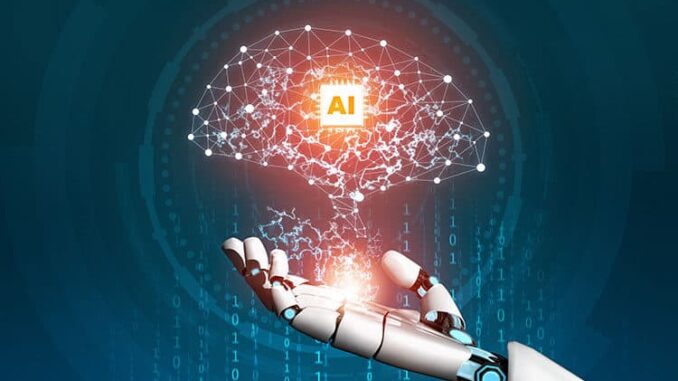
The integration of AI in medicine is a rapidly evolving field that holds significant promise for improving healthcare delivery, enhancing patient outcomes, and optimizing operational efficiencies. Here are key aspects of how AI is being integrated into various areas of healthcare:
### 1. **Clinical Decision Support Systems (CDSS)** AI systems are increasingly being used to support clinicians in making diagnostic and treatment decisions. These systems analyze patient data, medical histories, and clinical guidelines to provide recommendations, helping to reduce errors and ensure evidence-based practice.









### 2. **Image Analysis and Diagnostics**
AI algorithms, particularly those based on deep learning, are being employed to analyze medical imaging data. Applications include:
– **Radiology**: Automated detection of conditions like tumors or fractures in X-rays, CT scans, and MRIs.
– **Pathology**: AI can assist pathologists in examining tissue samples to identify diseases, including various types of cancer.
### 3. **Predictive Analytics**
AI can harness large datasets to predict patient outcomes and identify risk factors. Predictive analytics enable:
– **Early Intervention**: Identifying patients at high risk for complications can lead to timely interventions.
– **Resource Allocation**: Hospitals can better manage resources by predicting patient admission rates and optimizing staffing levels.
### 4. **Personalized Medicine**
AI facilitates more individualized treatment planning by analyzing genetic, environmental, and lifestyle factors. This approach aims to tailor treatments to the unique profile of each patient, thereby improving efficacy and reducing side effects.
### 5. **Drug Discovery and Development**
AI accelerates drug discovery processes by:
– **Molecular Simulation**: Predicting how new drugs will interact with biological targets.
– **Clinical Trial Design**: Enhancing patient selection for clinical trials through data analysis, thus increasing the likelihood of successful outcomes.
### 6. **Wearables and Remote Monitoring**
AI enables continuous patient monitoring through wearable devices that track vital signs and other health metrics. This data can be analyzed in real-time to detect anomalies and alert healthcare providers.
### 7. **Telemedicine and Virtual Health Services**
AI enhances telehealth platforms by providing virtual triage, facilitating symptom checks, and even guiding patients through follow-up care. AI chatbots can assist with initial assessments and patient questions.
### 8. **Natural Language Processing (NLP)**
NLP applications in healthcare help manage unstructured data from electronic health records (EHRs) and clinical notes. This can improve documentation, streamline workflows, and extract relevant clinical insights.
### 9. **Operational Efficiency**
AI can automate administrative tasks such as scheduling, billing, and coding, allowing healthcare professionals to focus more on direct patient care. This streamlining can lead to cost savings and reduced administrative burden.
### 10. **Training and Education**
AI is being utilized in the training of healthcare professionals through simulation-based learning environments and intelligent tutoring systems that personalize the educational experience for medical students and professionals.
### Challenges and Considerations
While the integration of AI in medicine offers numerous opportunities, it also presents challenges, including:
– **Data Privacy**: Ensuring patient data is secure and complies with regulations such as HIPAA.
– **Bias and Fairness**: Addressing biases in AI algorithms that may lead to disparities in healthcare outcomes.
– **Clinical Validation**: Rigorous testing and validation of AI tools are essential to build trust and ensure safety.
– **Interoperability**: Integration of AI with existing healthcare IT systems and workflows is crucial for successful implementation.
### Conclusion
The integration of AI in medicine is poised to revolutionize healthcare by improving diagnostics, personalizing treatments, and enhancing operational efficiency. As technology continues to evolve, it’s vital to ensure ethical considerations, patient safety, and stakeholder engagement are prioritized to maximize the benefits of AI in healthcare.

Leave a Reply